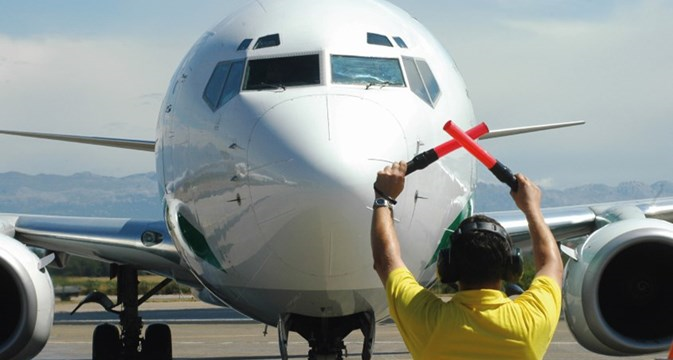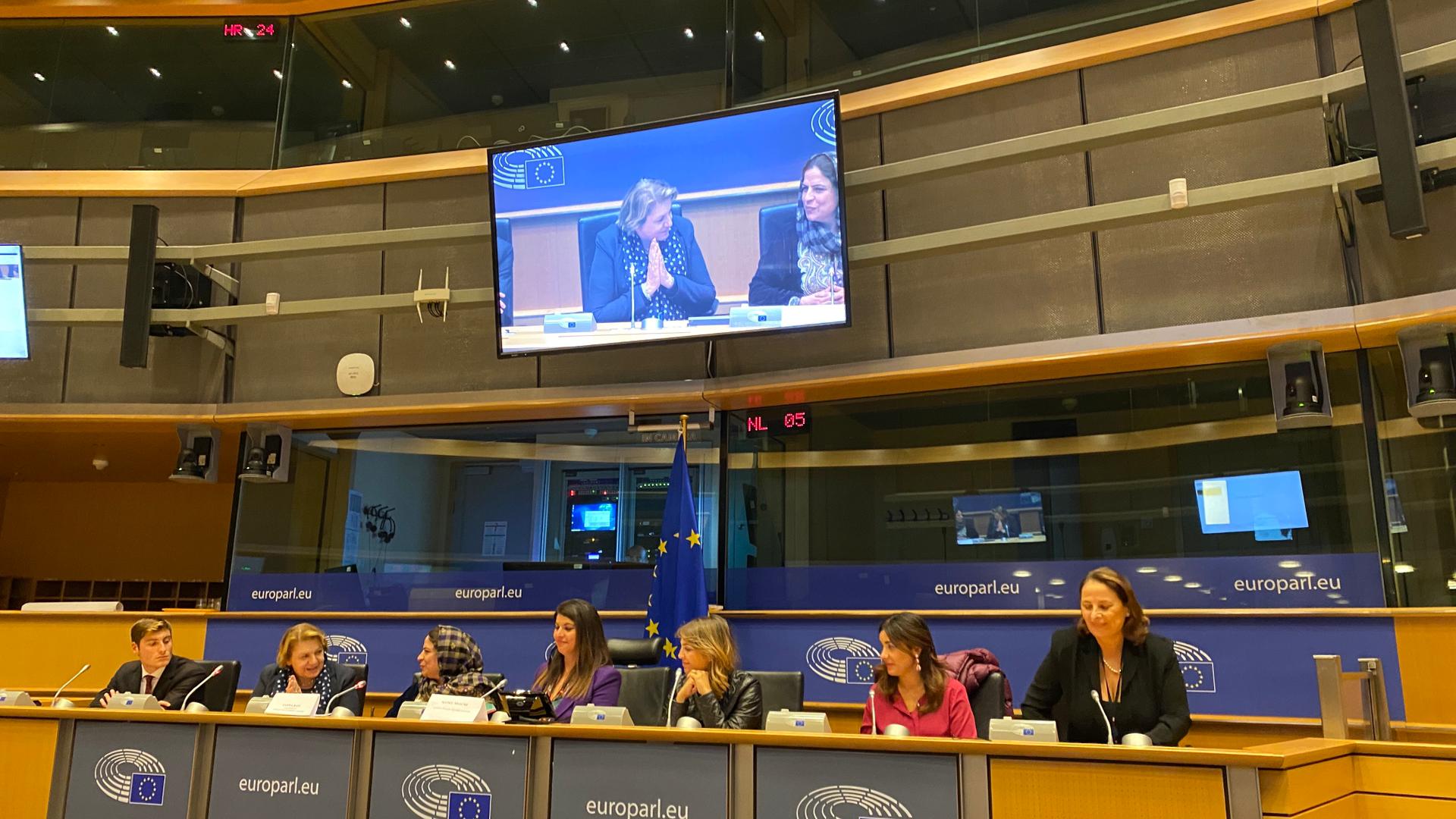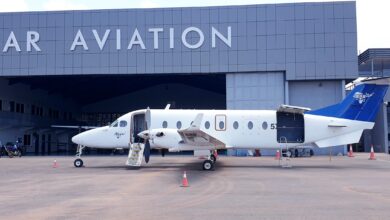The Impact of HIV/AIDS on the Aviation Sector

A close connection exists between mobility and the spread of HIV infection. The transport sector has an important role in facilitating the movement of people. Indeed, improving transport is a developmental goal worldwide, with an efficient transport system seen to be a necessary precondition to economic growth. The role of the transport sector in facilitating the spread of HIV needs to be emphasized.
IATA predicted over 3.4 billion passengers to have used the world’s airlines for business and leisure travel in 2022. The ITF has over 640, 000 members connected to civil aviation. As the mobility of travellers, tourists and business persons has rapidly increased, so have concerns with respect to the HIV-related risks faced by workers in the industry.
Air travel personnel are exposed to HIV risk in the same ways as other transport workers: frequent absences from home can place a strain on relationships and result in casual sexual encounters.
The International Transport Workers’ Federation represents the needs and interests of four and a half million transport workers in over 750 unions in 154 countries. As these needs evolve, so do the support and guidance offered by the ITF. The AIDS epidemic has been a major concern for well over a decade. Transport workers in many regions and industries experience difficult working conditions which impact on their health and welfare. Work schedules and accommodation are often poorly managed, there is little care for the wellbeing of workers or respect for their rights, and long absences from home increase vulnerability to the risk of HIV. This vulnerability is influenced by a combination of social, economic and institutional factors such as:
- Separation from family, isolation, loneliness
- Work load and stress
- Delays at borders and road blocks
- Inadequate resting and recreation facilities
- Widespread availability of alcohol, drugs and sexual partners
- Mobility undermining access to health information and services
The vulnerability of transport workers to HIV has been well documented in many regions, and is a major concern to the ITF. For well over a decade the Federation has progressively put activities in place for the different sectors of the transport industry. In order to establish whether civil aviation is subject to the same risks and pressures from HIV/AIDS as other sectors, the ITF initiated a study which compiled the views of affiliated unions and surveyed the knowledge, attitudes and behaviour (KAB) of a cross-section of individual members in five countries: Argentina, Bulgaria, Ethiopia, India and Jordan. The aim was to gather information that would help the ITF assess need and provide a basis for planning interventions.
The KAB survey revealed some information gaps and misconceptions, which tended to result in fear of contact with HIV-positive co-workers; at the same time there was a high level of interest in gaining more knowledge and in contributing to national responses to HIV/AIDS. The great majority of workers saw HIV/AIDS as a workplace issue, and in all countries respondents had witnessed incidents of stigma and discrimination; they expressed support for the ITF in its efforts to provide education in this area and defend rights.
Based on the conclusions drawn from the surveys of affiliates and of individual members, the report ends by offering a set of recommendations for future action by the ITF and its affiliates. The key recommendation is that the ITF should put in place an HIV/AIDS programme tailored to the civil aviation sector and taking account of local conditions and needs. More detailed points are made about:
- Interventions to strengthen the capacity of affiliates to develop their own programmes and include HIV/AIDS in the collective bargaining agenda
- Participatory education to promote behaviour change
- The provision of information, data and materials
- Policy and educational measures to combat stigma and discrimination.
Risk groups must be targeted in order to control the spread of HIV:
- People working in building and maintaining infrastructure;
- People who work in the railways, roads, airlines, and shipping services;
- Transport sector managers; and passengers.
The fundamental message should be that keeping workers at work including those directly employed in the Aviation sector, even if they have HIV, is the best form of care and support, and enables the enterprise to keep functioning productively.





